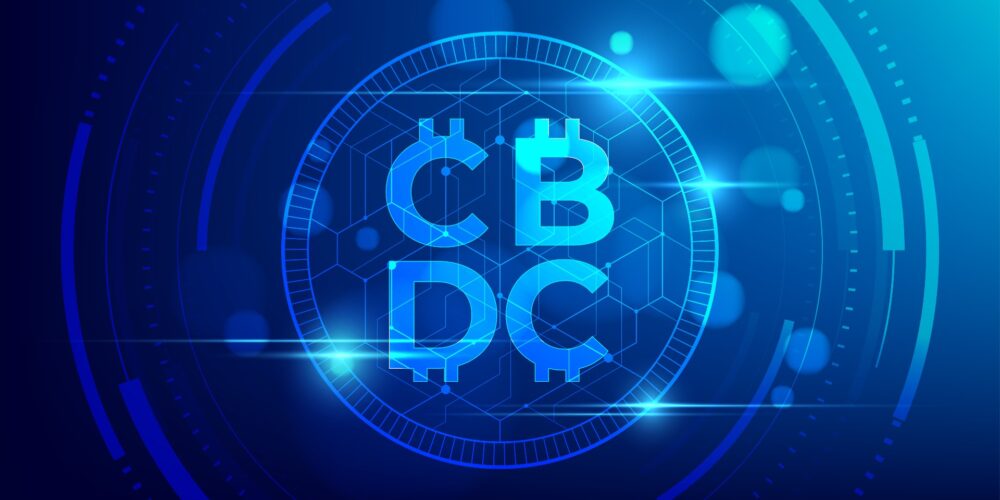Reserve Bank of India Governor Calls for Cautious Implementation of Digital INR
The Governor of the Reserve Bank of India, Shaktikanta Das, has emphasized the need for a cautious approach to the full implementation of the digital currency as the retail pilot program reached an impressive figure of over 5 million users. The central bank digital currency platform in India crossed this milestone as part of the pilot program, and the country is proceeding prudently to understand and evaluate the impact of the digital INR on users, monetary policy, and the broader financial system.
India’s Digital Currency Pilot Program
The pilot modification of the digital INR, covering both retail and wholesale sectors, commenced in December 2022 and is currently operational in collaboration with 16 partner banks. The tests are evaluating offline capabilities and programmable features, which could play a crucial role in promoting financial inclusion by providing financial resources to specific users.
Slow Adoption of e-Rupee in India
Although the adoption of digital currency in India was initially slow, the Reserve Bank of India recorded an increase to 1 million retail transactions by the end of June 2023. This accomplishment was achieved through incentives and partial payment of salaries in the form of e-Rupee. Previously, the central bank had advised banks to increase the number of transactions to at least 1 million daily by the end of 2023; however, this recommendation has been shelved, raising concerns about the future of the digital currency initiative due to discrepancies between incentivized metrics and actual user adoption.
In conclusion, India’s digital currency, despite some challenges and delays, continues to evolve and has the potential to play a significant role in supporting the development of the country’s financial system and promoting modern payment solutions.





